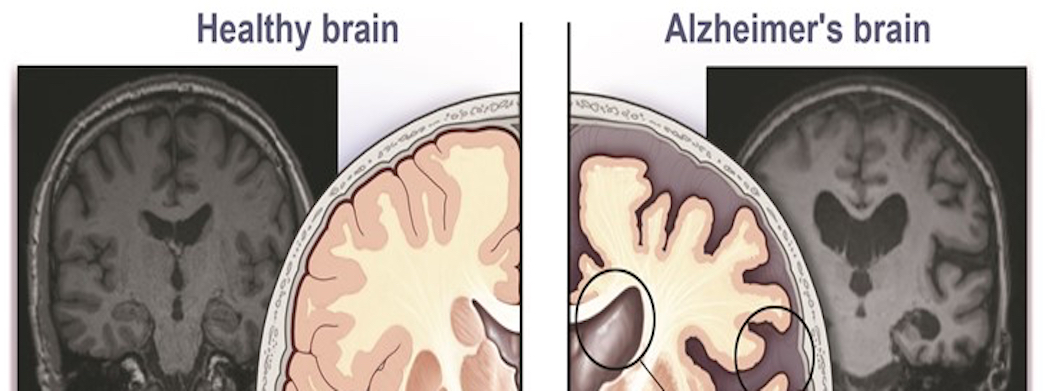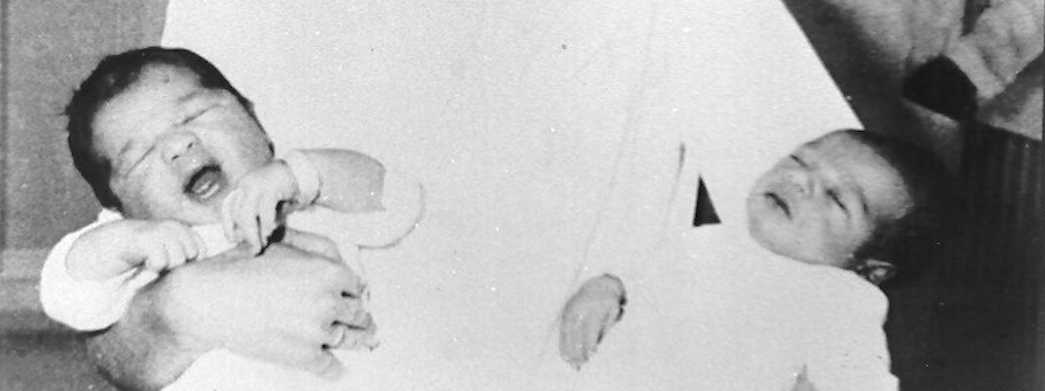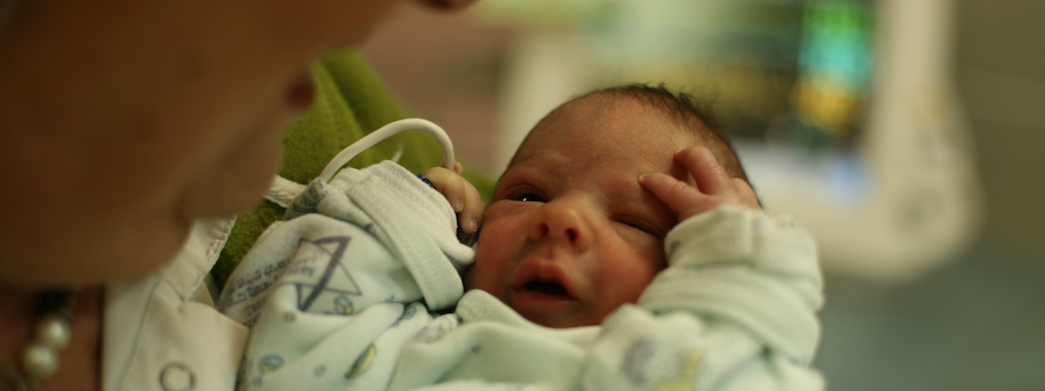- Home
- News and Stories
-
Early-onset Alzheimer’s higher among Sephardi Jews Laniado research shows
Early-onset Alzheimer’s higher among Sephardi Jews Laniado research shows

The US National Institutes of Health has initiated a study to investigate potential genetic factors contributing to the earlier onset of Alzheimer’s disease among Sephardic Jews compared to other populations. The project was officially launched on May 5, with representatives from partner institutions convening at Beilinson Hospital in Petah Tikva. Alongside Beilinson, the research consortium includes Rambam Medical Center in Haifa, Barzilai Medical Center in Ashkelon, and Laniado Hospital in Netanya.
This new research builds on a 2018 study that highlighted a disparity in the prevalence of early-onset Alzheimer’s disease (EOAD) between Sephardi and Ashkenazi Jews. The 2018 study found that significantly more Sephardi Jews than Ashkenazi Jews were diagnosed with EOAD, which involves a diagnosis of Alzheimer's before the age of 65, a neurodegenerative disease that leads to dementia. Of the 55 million people worldwide with Alzheimer’s (including 6.5 million Americans and 150,000 Israelis), approximately five percent are diagnosed with EOAD.
Researchers examined patient records from Beilinson Hospital and discovered that 64% of EOAD diagnoses were among individuals of Sephardi descent, while 36% were among those of Ashkenazi descent.
Significantly more Sephardi Jews than Ashkenazi Jews were diagnosed with EOAD
How did researchers observe and statistically confirm this phenomenon? Initially, they ruled out the possibility that Sephardi Jews with EOAD had Familial Alzheimer’s Disease (FAD), a hereditary form of Alzheimer's caused by an genetic mutation. FAD typically results in diagnoses in people aged 30 to 50, who often have siblings with the condition.
The study concluded that late-onset Alzheimer’s disease (LOAD) affects Sephardi individuals at younger ages compared to Ashkenazi individuals. The research team proposed three possible explanations: an environmental cause, vascular pathologies linked to risk factors like hypertension, hyperlipidaemia, and diabetes, or genetic risk factors unique to Sephardi Jews that could increase susceptibility to EOAD.
The study is ongoing and aims to recruit 2,000 Israelis with LOAD and 2,000 healthy individuals, including a cohort of Arab Israelis and Sephardi Jews. Research on these homogeneous populations is crucial because genetic mutations and risk factors are more pronounced and frequent than in heterogeneous populations.
Currently, there are only two FDA-approved drugs for Alzheimer’s (lecanemab and aducanumab), both of which have been recently introduced. The consortium hopes that their research will uncover critical genetic insights that could lead to a better understanding of the mechanisms underlying Alzheimer’s disease, potentially paving the way for new therapeutic drugs.
Other News

Celebrating 50 Years of Life: Laniado Hospital’s Golden Birthday

Off-Duty Police Officer Allegedly Stabs Man in Netanya; Victim Treated at Top-Rated Laniado Hospital

A Birth Surrounded by Care, Calm, and Heart at Laniado Hospital



